343 Best Alcohol & Drug Rehabs in Wisconsin 2024
Discover the top alcohol and drug rehab centers in Wisconsin, United States. Explore 770 nearby treatment facilities providing inpatient, outpatient, and detox services.
Use filters to search by payment options, amenities, specialty programs, and more to find the perfect treatment for your unique situation.
343 Treatment Centers in Wisconsin, US
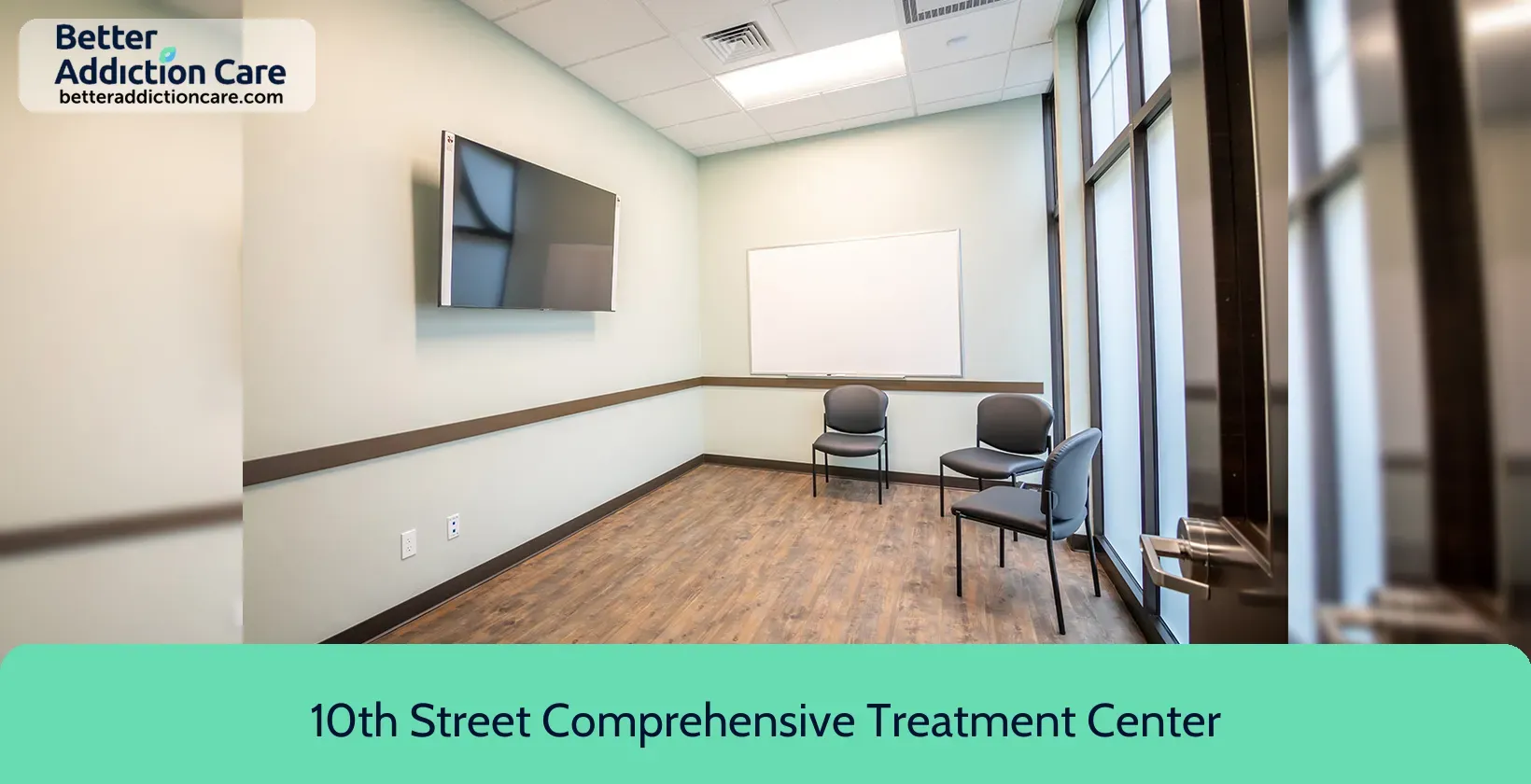




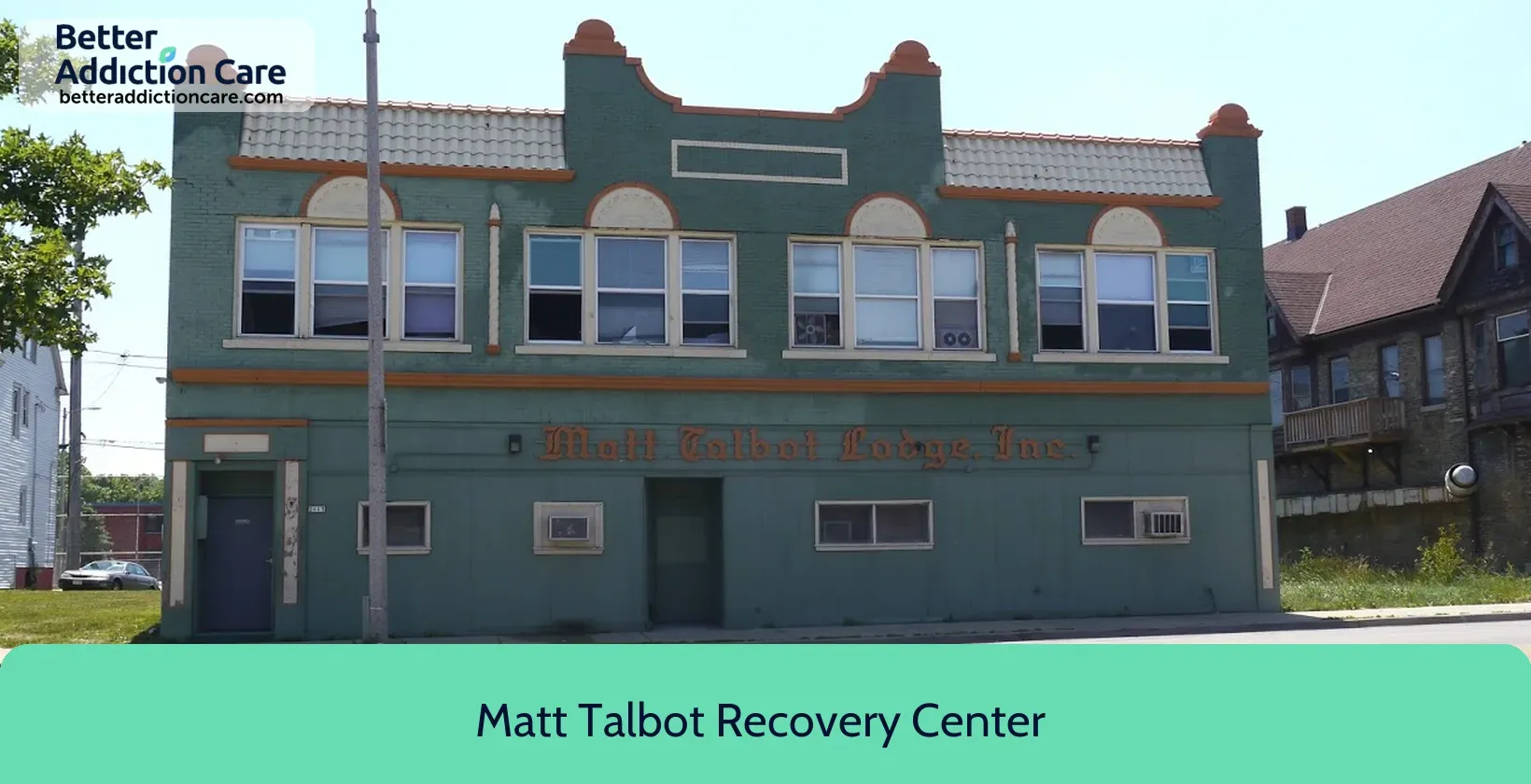
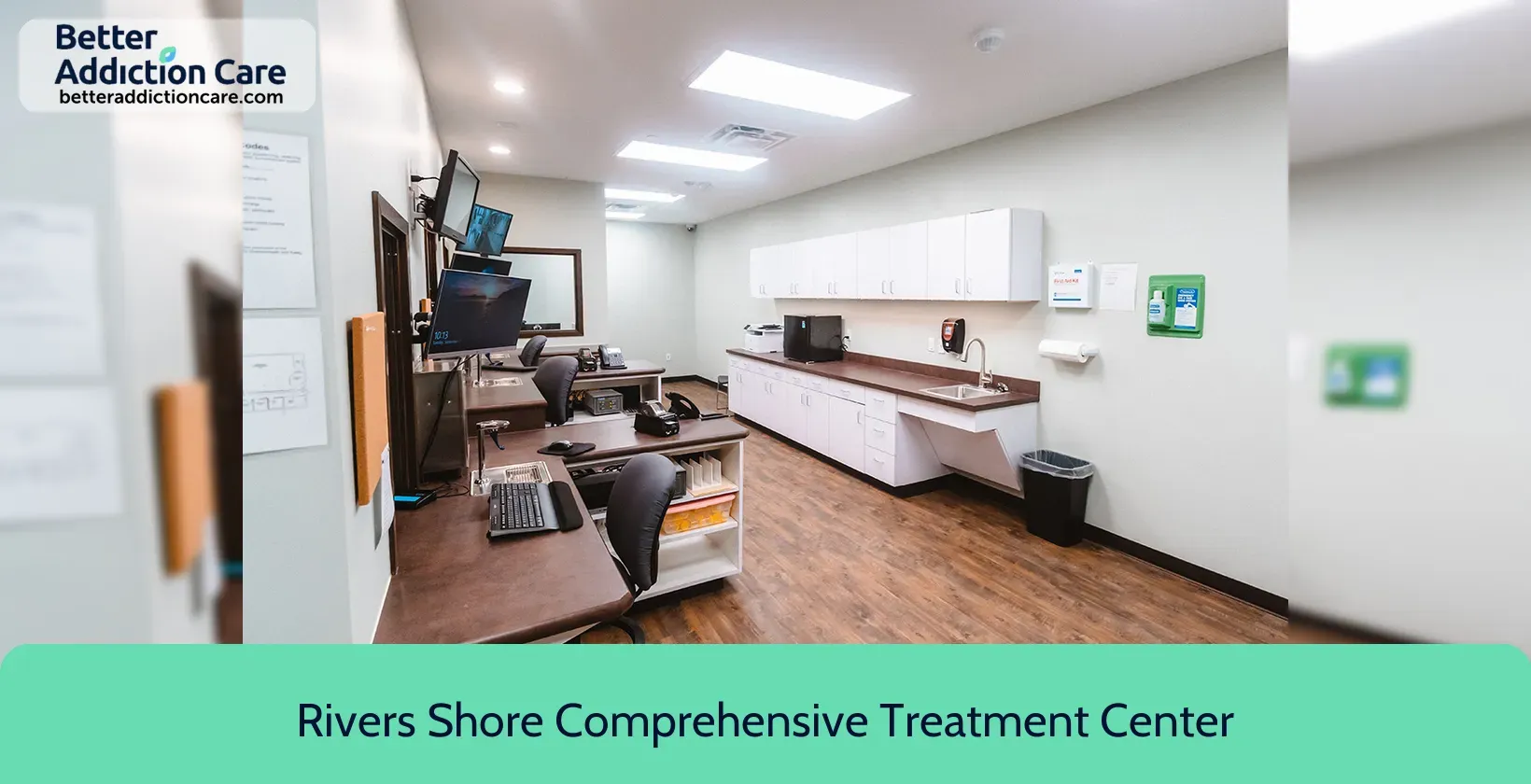

_1096_Apple_Avenue_1.webp)
_110_24th_Street_1.webp)



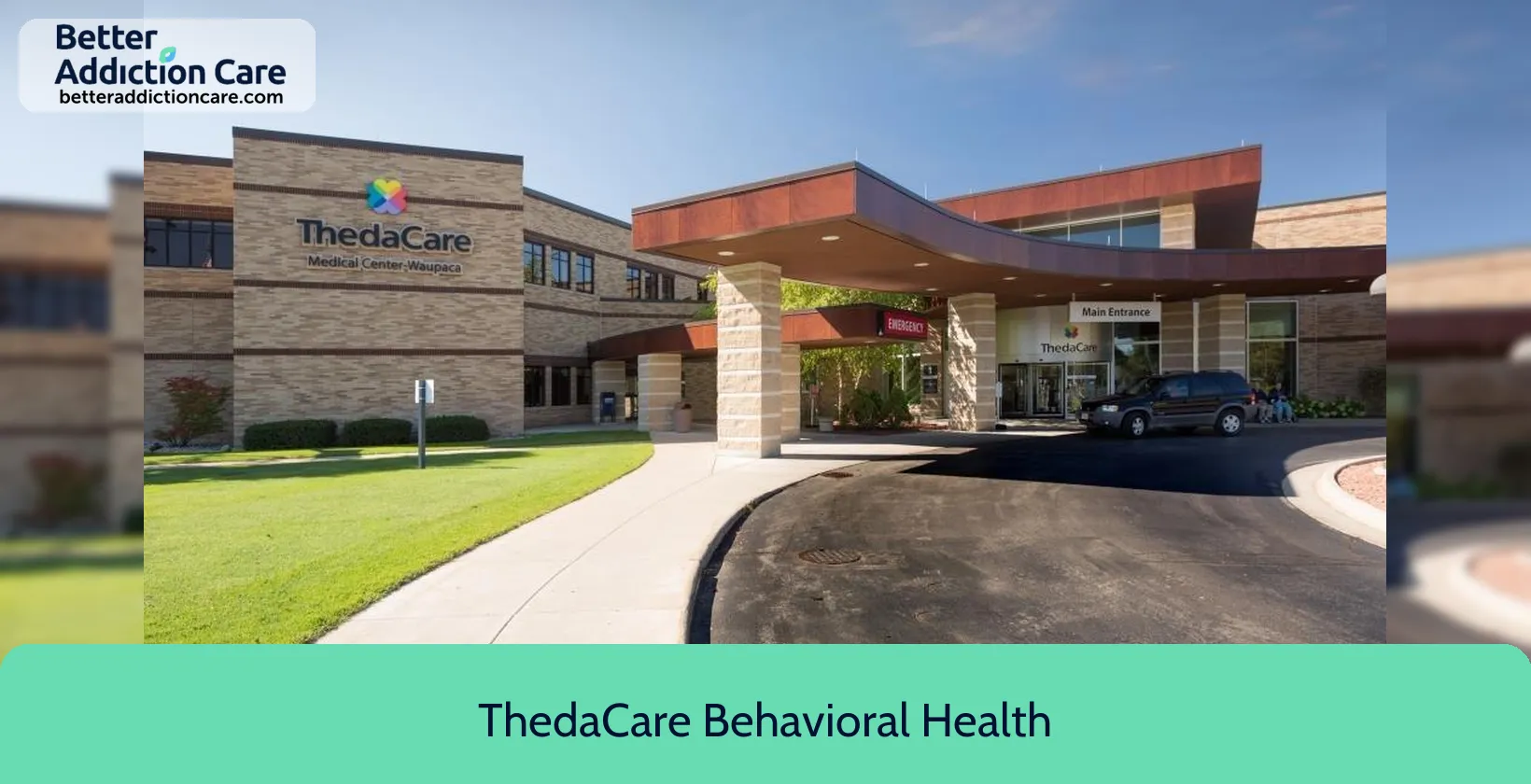
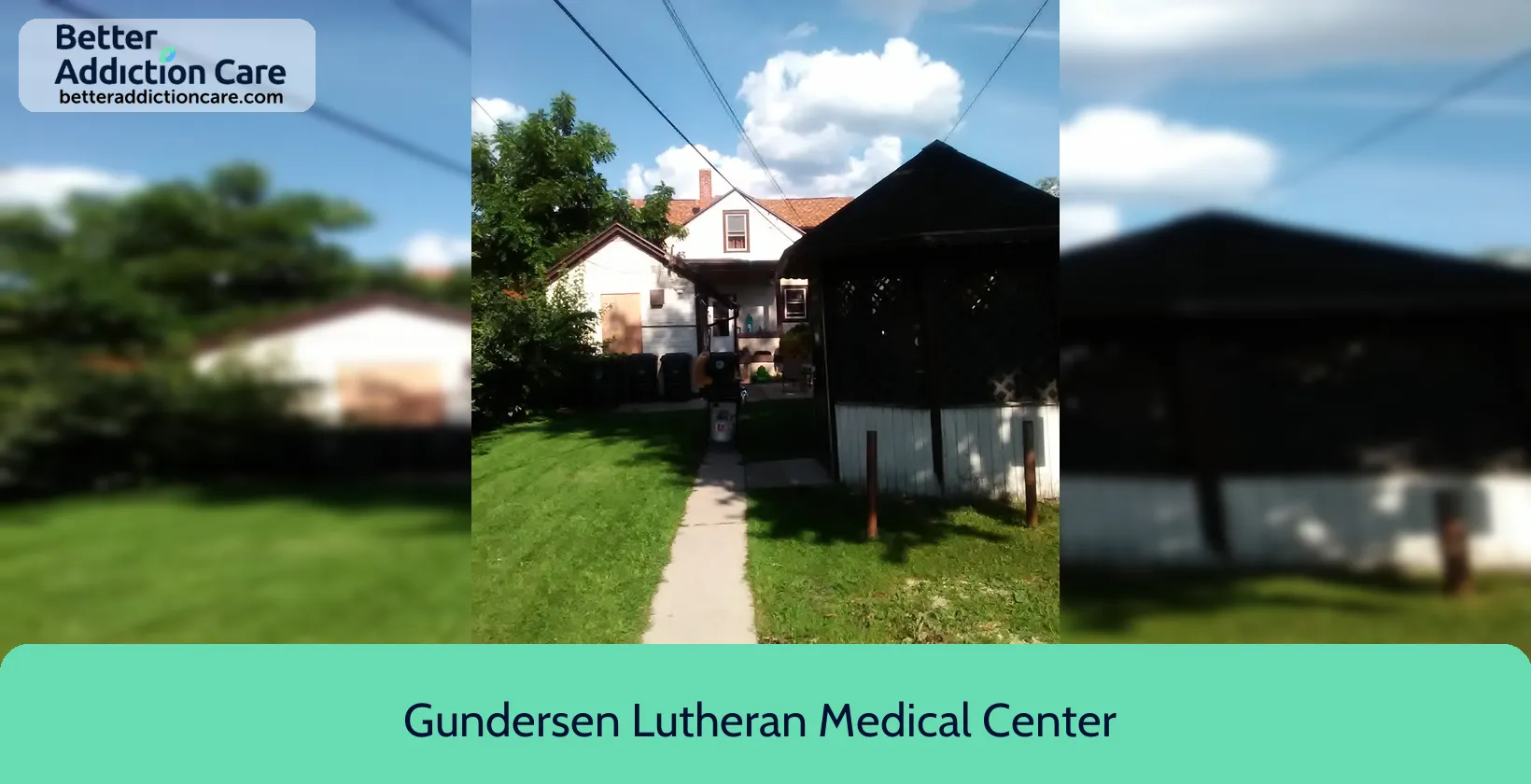







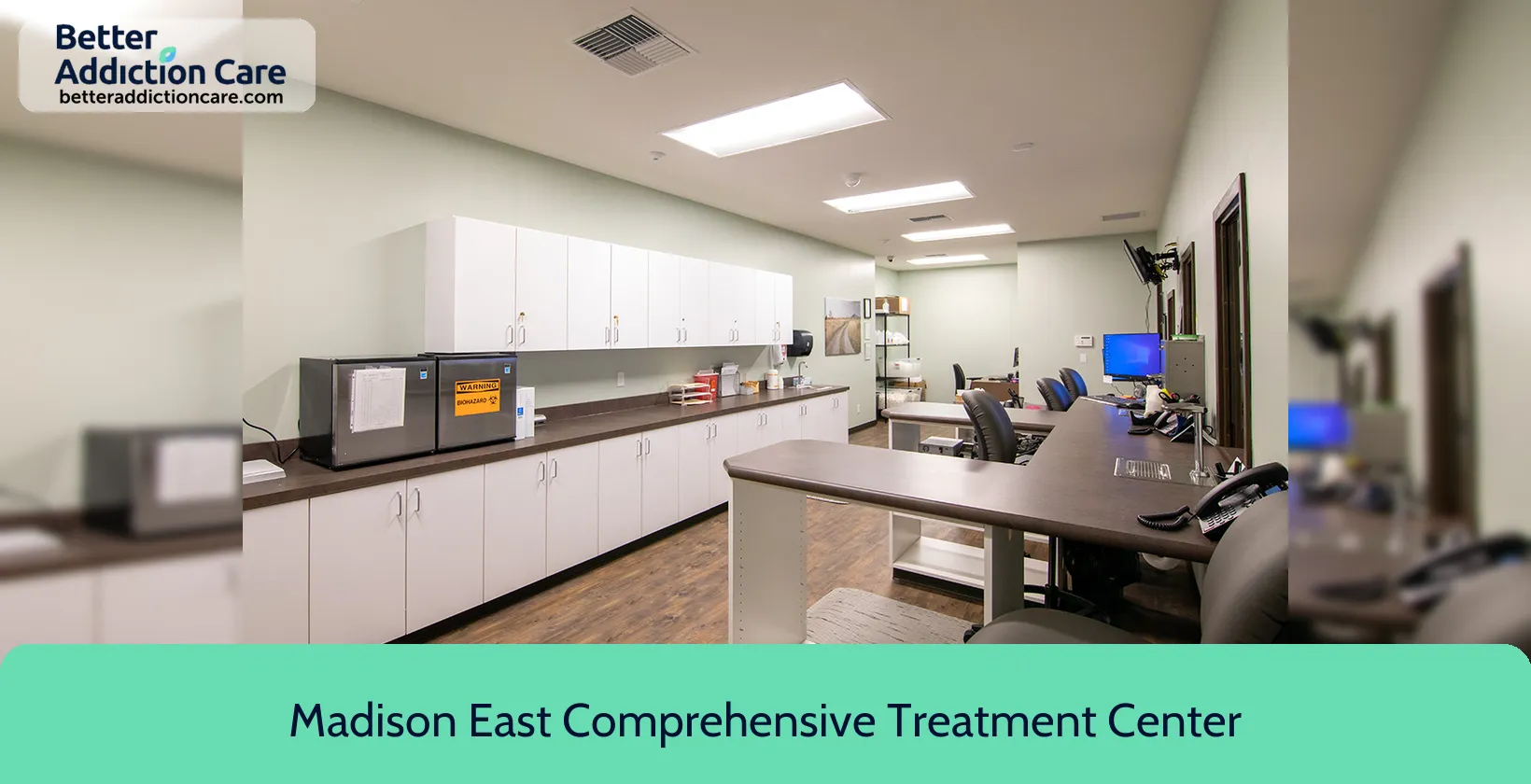

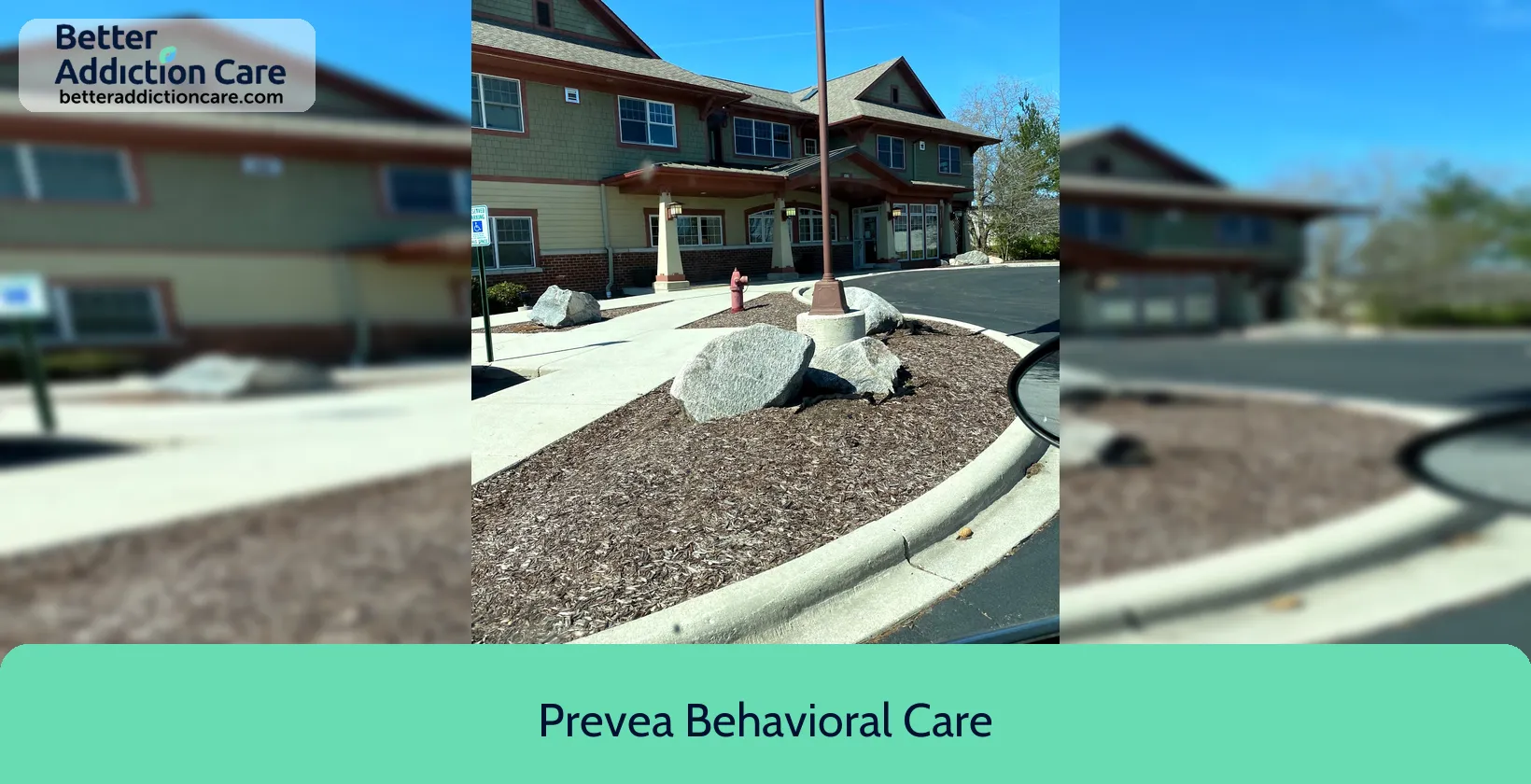











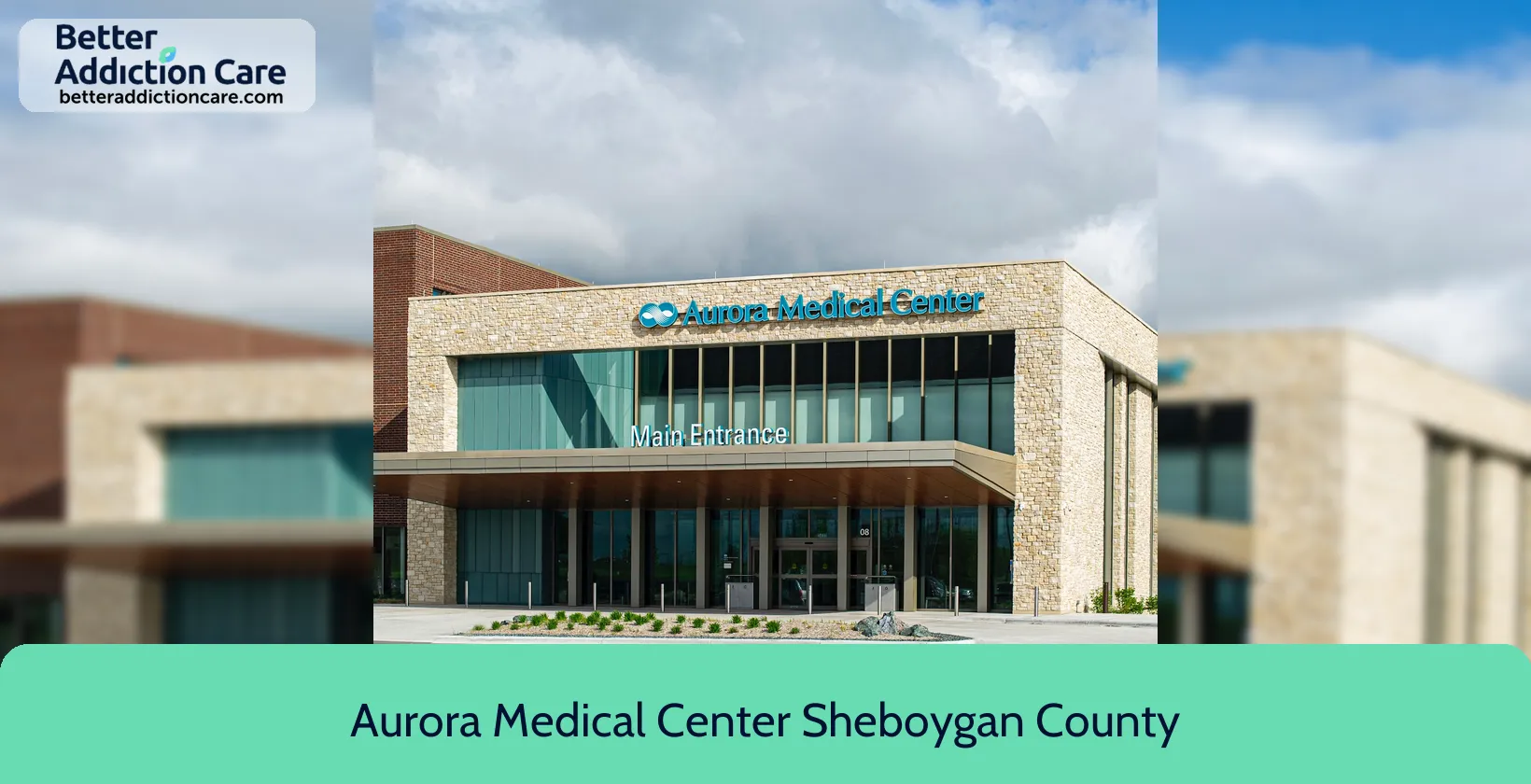




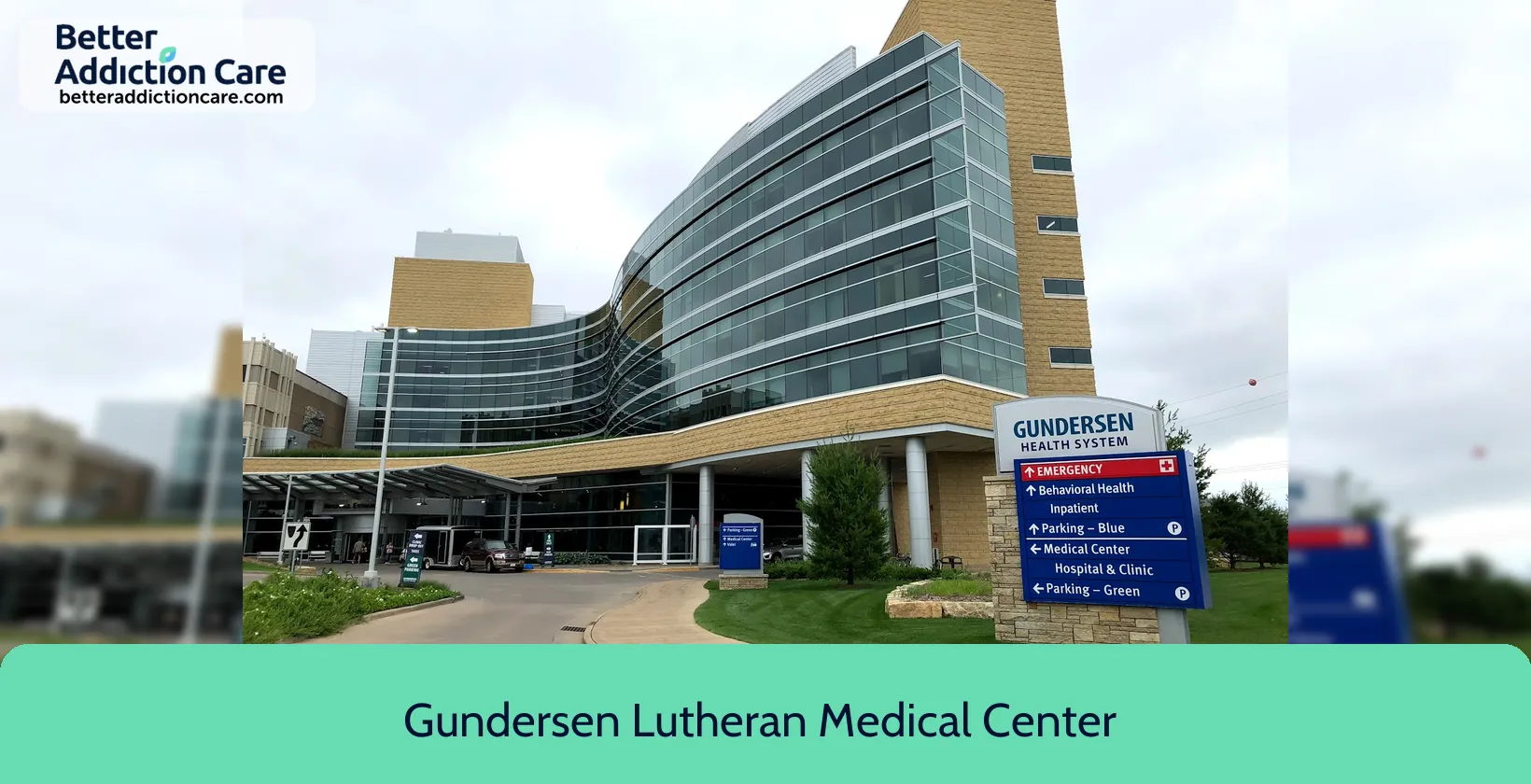
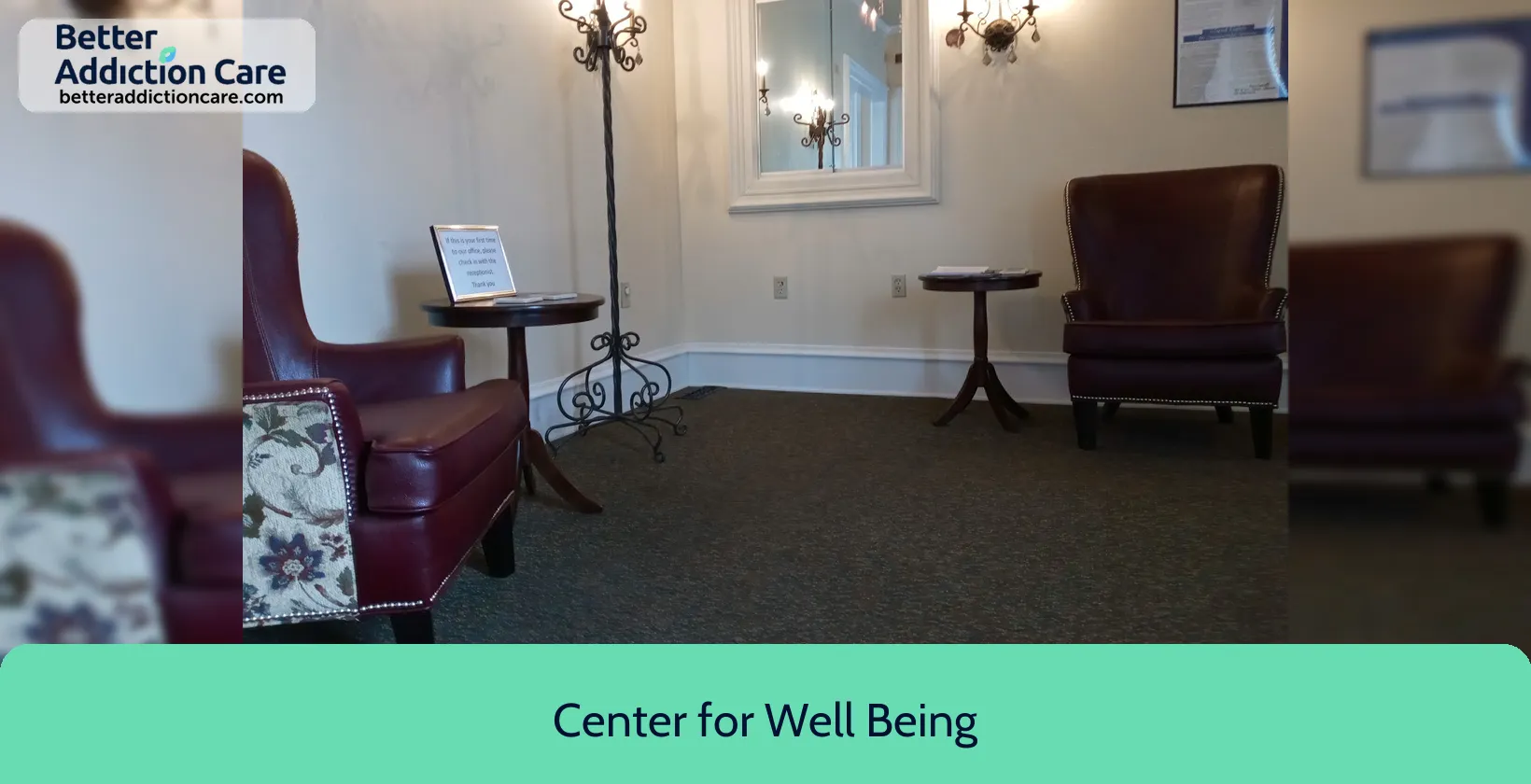

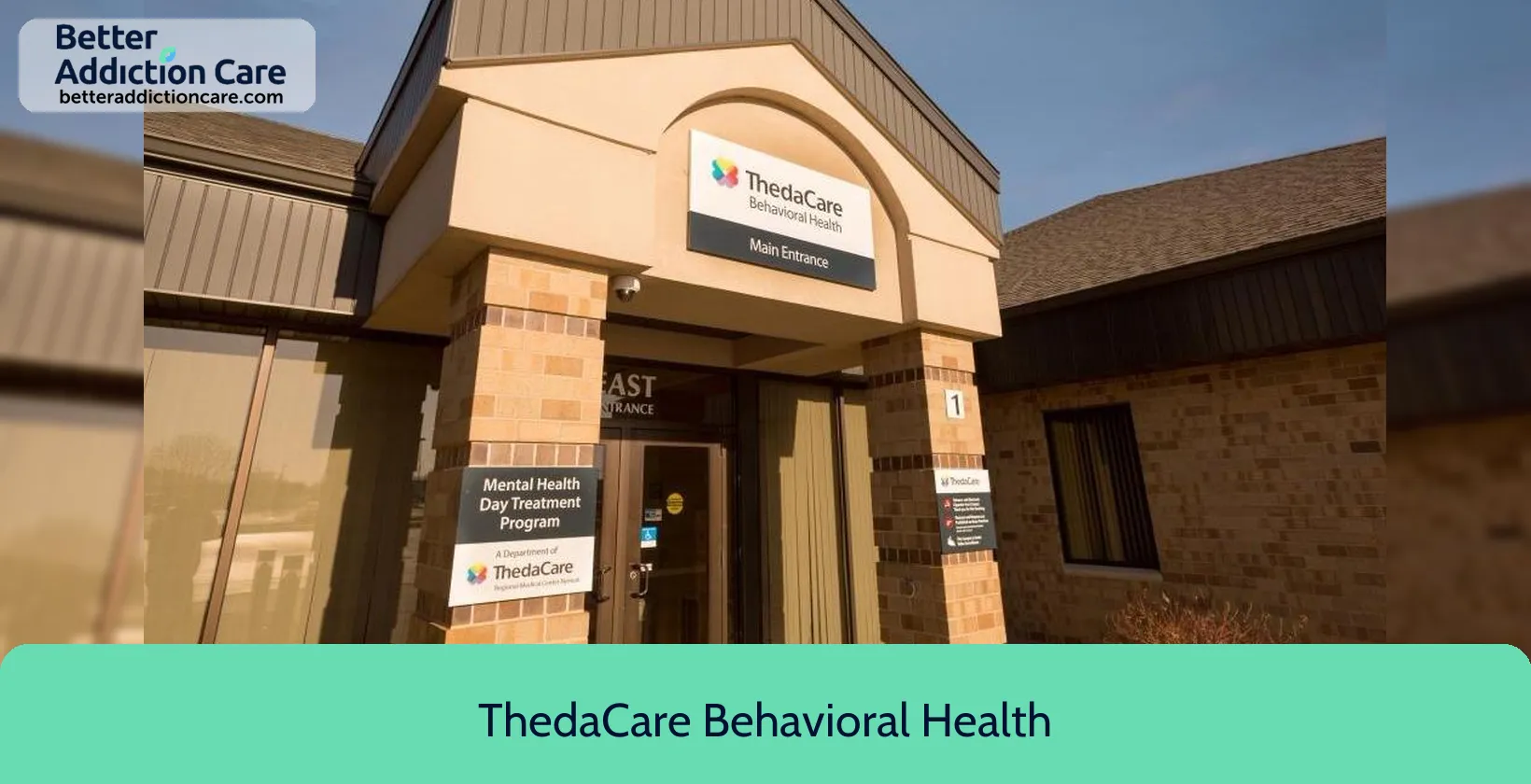
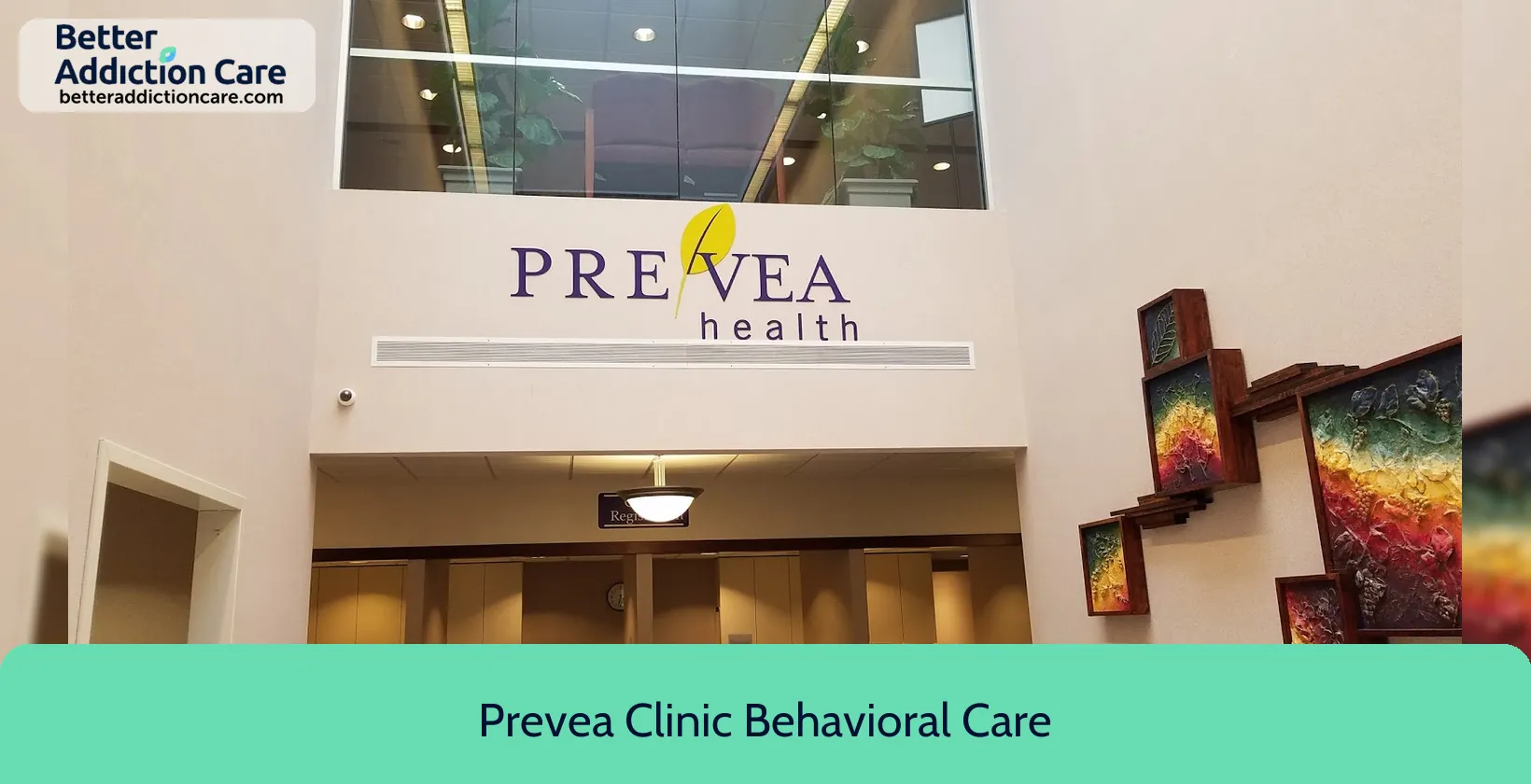
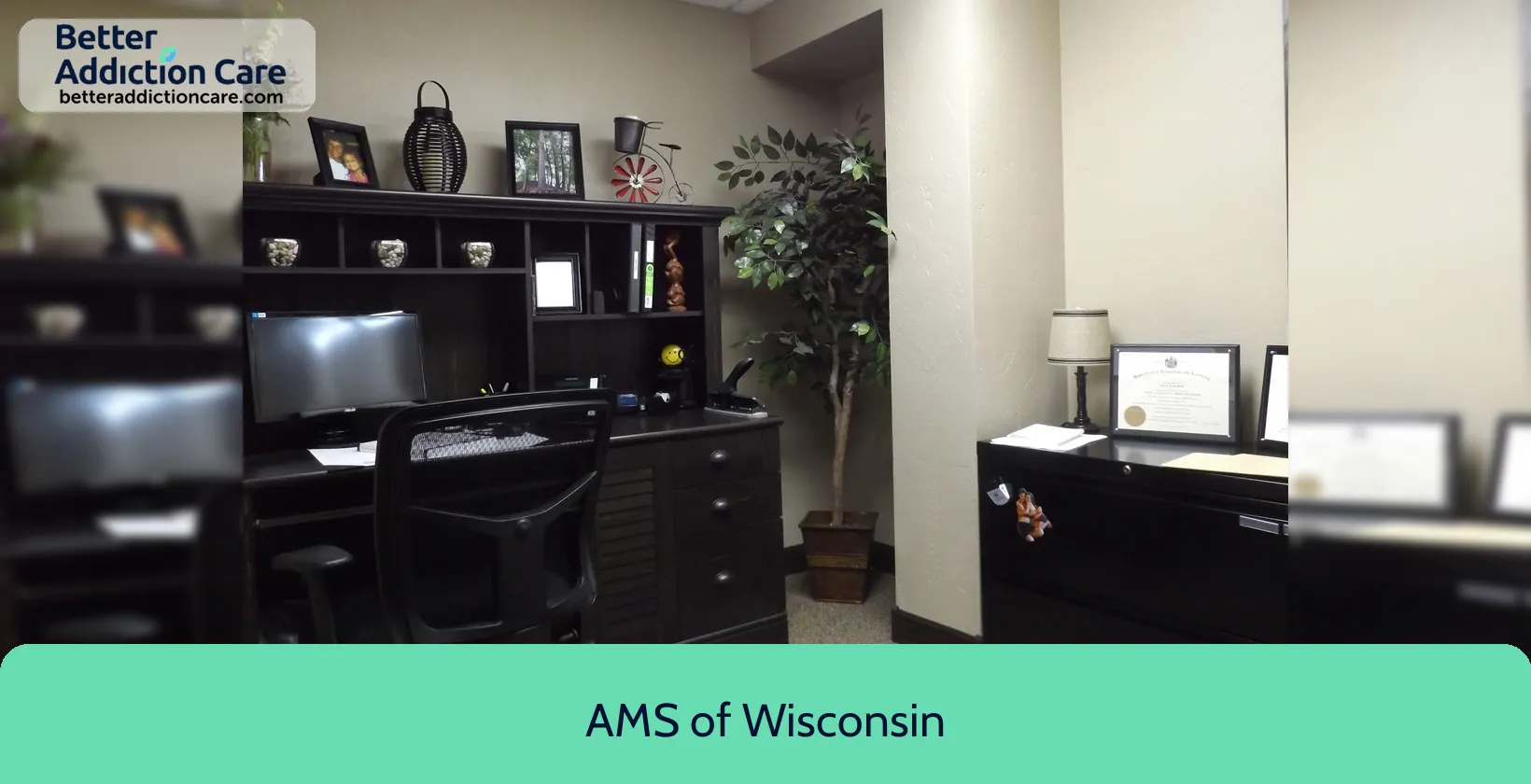
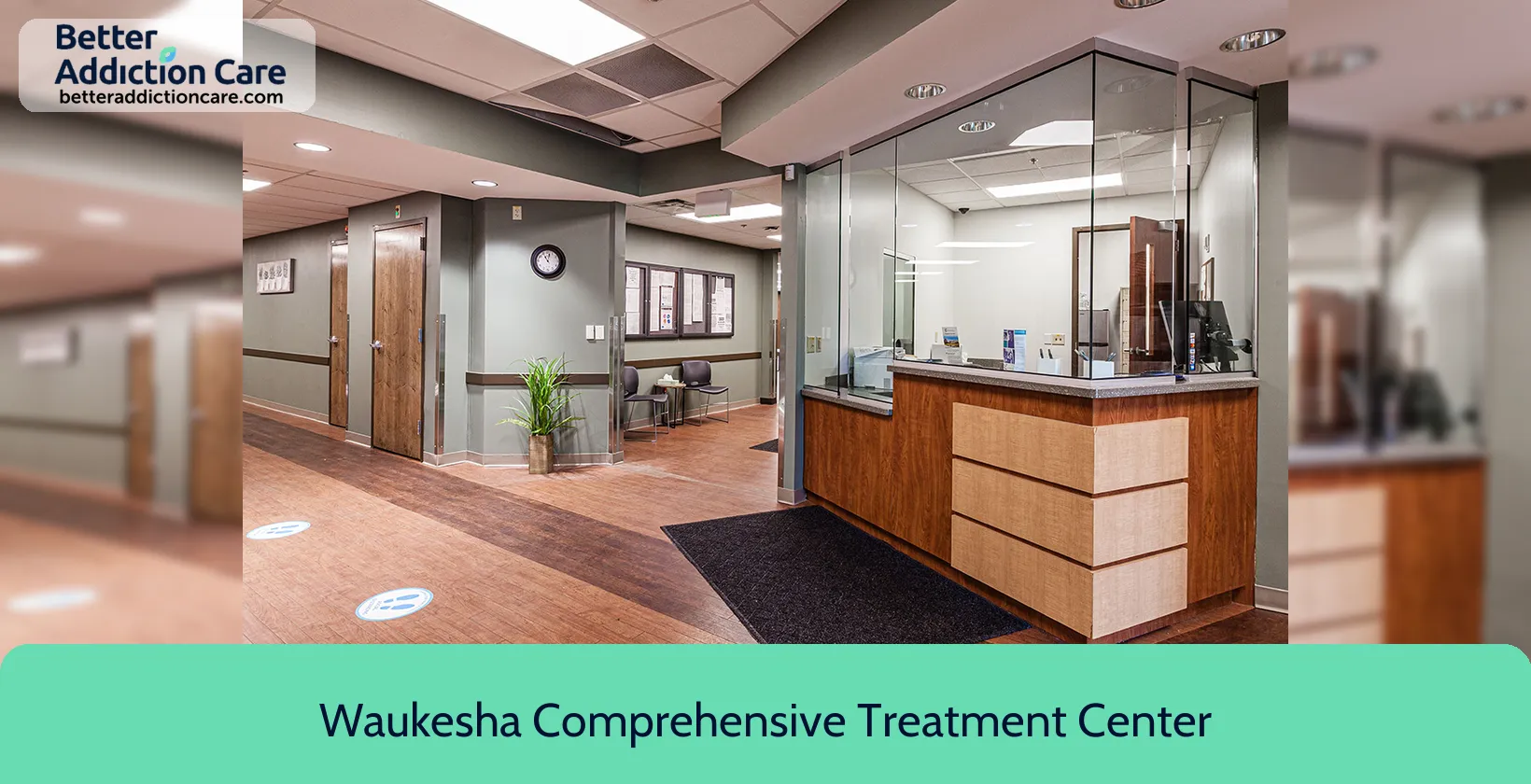
Alcoholism, Drug Abuse, Mental Health, and Treatment in Wisconsin
Wisconsin Summary:
Like other states in the Midwest, Wisconsin is known for its heavy drinking rates. Drunk driving in Wisconsin is significantly higher than the national average. Additionally, prescription drug abuse is on the rise in Wisconsin and the state is concerned with young people abusing prescription opiates for nonmedical reasons. The number of people in Wisconsin struggling with a mental illness is on par with national statistics.
However, Wisconsin has a number of facilities that specialize in treating substance abuse and co-occurring mental health issues. There are both payment-assisted and nonprofit rehab centers in major metropolitan areas like Milwaukee and Madison, as well as luxury addiction recovery facilities in more remote, peaceful surroundings, many of which are situated along the shores of Lake Michigan.
Quick Wisconsin statistics:
-
Wisconsin state population: 6 million
-
Roughly 8% of Wisconsin residents age 12 and over abuse alcohol or suffer from alcoholism
-
An estimated 3% of people in Wisconsin age 12 and over abuse or are dependent on illicit drugs
-
Commonly abused drugs in Wisconsin include prescription drugs, heroin, marijuana and alcohol
Alcoholism in Wisconsin
Recent studies reveal that Wisconsin is the heaviest-drinking state in the country. Wisconsin also has the most locally-centric alcohol control system in the nation, meaning local law enforcement often determines alcohol use rules and regulations as opposed to statewide legislation. Wisconsin’s rate of adult binge drinking is 22%, the third highest in the U.S.
Wisconsin has several treatment facilities and rehab centers that specialize in alcoholism and substance abuse. Located in Madison, Tellurian is a nonprofit rehab facility that offers both inpatient and outpatient programs. Tellurian’s outpatient treatment program is highly individualized and based on specific patient needs assessed by their counselor. These assessment services help those enrolled in the program work through substance use disorders, dependency and mental health issues. Tellurian offers a holistic approach to addiction treatment and recovery and the facility is open to men, women and young adults.
Blandine House is a nonprofit rehab facility in Fond Du Lac (north of Milwaukee) that provides treatment for alcohol and drug addiction. Blandine House focuses on the 12-step model for recovery, which involves admitting powerlessness over alcohol abuse and dependency and creating a spiritual basis for overcoming addiction. Blandine House is open to men struggling with substance abuse problems and offers both a family program and a program for active duty military seeking help for co-occurring mental health and addiction issues.
Drug Abuse in Wisconsin
Like other states across the nation, prescription drug abuse is on the rise in Wisconsin. According to 2012-2013 data, 9% of Wisconsin adults age 18-25 report using pain relievers (i.e. opioids such as Percocet, OxyContin, and Vicodin) for nonmedical reasons in the past year. From 2010 to 2015, Wisconsin’s age-adjusted rate of drug-related deaths saw a significant increase.
For those seeking treatment for drug addiction and substance abuse, Wisconsin has an array of both luxury and payment-assisted rehab facilities. The Manor is a luxury rehab center located in Slinger, a small community north of Milwaukee. True to its name, The Manor provides top-rated addiction treatment in a high-quality setting with five-star amenities. The Manor offers a holistic approach to recovery, with a focus on helping patients improve their physical, mental, emotional, social and spiritual well-being. The Manor provides a number of therapy options, including individual therapy, group therapy, couples treatment and Equine-Assisted Therapy (EAT), which involves interactions and activities with horses.
Hope Haven - North Bay Lodge in Madison is a nonprofit, payment-assisted rehab center that aims to provide comprehensive and affordable care for Wisconsin residents struggling with drug and alcohol addiction. Hope Haven offers a Family Matters therapy program, which includes information about addiction, the impact of addiction on individual family members and recovery options and support for families. The facility has both inpatient and outpatient treatment options and also provides aftercare support, which involves making a sustainable plan for recovery and continuing ongoing therapy or counseling.
Mental Health in Wisconsin
An estimated 19% of adults in Wisconsin are dealing with a mental health problem or issue, which is slightly less than the national average. Roughly 5% of adult residents in Wisconsin suffer from a serious mental illness.
In the state of Wisconsin, there are several facilities that provide treatment for mental health issues, including bipolar disorder, major depression, anxiety disorders and schizophrenia. One such payment-assisted facility is Gundersen Behavioral Health in La Crosse, which specializes in mental health treatment and co-occurring substance abuse and mental health problems. Gundersen is open to men, women, young adults and teenagers and accepts Medicaid, Medicare, private health insurance and other low-cost treatment payment methods. The facility has bilingual (Spanish-speaking) therapists and staff members and the center is hearing impaired-friendly. Gundersen aims to reduce the stigma of mental illness through a variety of interdisciplinary therapies and recovery programs.
What are some of the best drug rehab centers in Wisconsin?
Although it is a smaller state, Wisconsin is home to multiple top-quality drug rehab centers that provide excellent care and recovery for substance abuse and addiction.
In Madison, the Hope Haven Chris Farley House is a low-cost residential treatment program and transitional living facility that operates in conjunction with Hope Haven - North Bay Lodge. The Chris Farley House is located within walking distance of both Lake Monona and Lake Wingra, providing a calm and serene environment for recovery that’s also near downtown Madison. The transitional treatment program is open to men and provides a highly structured environment for those in recovery. The Chris Farley House therapists and staff members also help participants look for stable housing and meaningful employment.
Located in a small residential community, Shorewood House in Shorewood (outside of Milwaukee) is a substance abuse and addiction treatment center for women. In operation for 50 years, the eight-bed, newly renovated home provides quality treatment in an intimate setting. Shorewood House is situated within walking distance of Lake Michigan and offers an array of recovery programs for women, including one-on-one therapy, trauma counseling and smoking cessation.
How long is inpatient drug rehab in Wisconsin?
Most drug rehab programs vary depending on the type of treatment and and facility. Typically, inpatient drug rehabilitation programs are either 30, 60 or 90 days. Some facilities offer long-term or extended programs, but the majority of rehab centers encourage patients to transition to an outpatient program or a sober living community following their rehab stay. Compared to outpatient programs, facilities that provide residential treatment traditionally offer medically-assisted detox, which helps patients who have developed a chemical dependency on drugs or alcohol overcome their addiction.
While participating in an inpatient drug rehab program, patients usually engage in a number of therapies, including individual therapy, group counseling, 12-step programs and experiential therapy. Experiential therapy involves encouraging patients to participate in various activities and physical movements as a way to work through subconscious issues. Many facilities also offer a holistic approach to treatment, which can include Nutrition Therapy, Equine-Assisted Therapy (EAT) or Animal Therapy (aka pet therapy or animal-assisted therapy). This type of therapy allows patients to bond with animals and experience a form of unconditional love.
Following an inpatient drug rehab program, participants may transition to a sober living community or halfway house, or receive some type of aftercare support. Aftercare support can involve counseling, family programs and other kinds of recovery services to help addicts make a successful transition out of rehab.
Wisconsin: Looking Ahead
Wisconsin is attempting to reduce its heavy alcohol consumption rates across the state and reduce instances in binge drinking. In the past ten years, the number of teenagers who first began drinking at a young age has decreased significantly. Heavy drinking among adults is also on the decline. On top of these efforts, Wisconsin lawmakers have recently passed new legislation to combat prescription drug abuse and heroin addiction. State officials are also taking steps to increase funding for youth mental health programs.
In Wisconsin, many nonprofit organizations and state-funded programs are working to provide treatment and services for residents struggling with substance abuse and mental health issues. Some of these smaller, home-like rehab centers offer participants the opportunity to recover from addiction in an intimate, supportive environment. For low-income residents in need of financial assistance for rehab, a number of options are available throughout the state of Wisconsin. Help is waiting.




